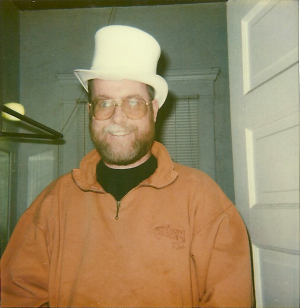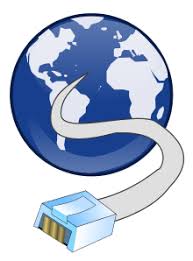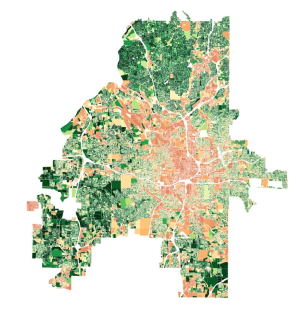
That year saw denial and bargaining.
The next year saw anger and depression.
It was only in 2002 that acceptance came.
We know what followed. Talented programmers worked on open source projects and standards bodies created what became the Cloud. When proprietary advantage became worthless, and there seemed there was nothing to do, people worked together with technical goals in mind rather than just financial ones.
It was a slow build. In 2002 my gross income was zero dollars. In 2003 it was zero dollars. I got interested in what’s now the Machine Internet, which I christened the World of Always On, and in 2004 I finally made a few dollars. The next year I was asked to cover Open Source, and my career took off. For a time.
I’ve mentioned before how, in every photo of a stock market crash the people in it look similar. Similar age, similar backgrounds. They’re different people. Those who watched the 1987 crash were different from those who saw the 2000 crash, different from those who saw 2008, different from those who saw 2022.

So, here’s my advice.
Step back. Look for a big problem. Look for an open source project that’s addressing it. Then work on that. It will keep you sane, it will help you network. It will lead you to your future and to ours.
I realize there’s a big difference between then and now. It’s money. Back then I was literally thrown on my ass. I had to make sacrifices my kids are still suffering from 20 years on. And I was lucky, because my wife kept her job and her parents stepped in, because they were where I am, aging out, and they wanted to leave a positive legacy for their family. Without their help things would have been worse. For many who have been let go lately, especially those from minority communities it is worse.
The one bit of wealth such people have is their youth. Even if you must take what looks like a crappy job, keep your dreams alive. Do what you have to, but don’t forget to spend some time doing what you want.
Another money difference is that people being let go now may have some. The wealth generated by the cloud has trickled down onto tech workers. Many have six figure incomes and nice severance packages.
That makes starting over harder. Those left entirely on their own have an advantage.

It will take many different skills to build this new world of systems. We need programmers, but we also need writers, negotiators, finance people, entrepreneurs, and analysts. We need imagination, we need visions, we need a lot of grunt work, and we need all the assets we’ve already built, in order to construct tomorrow.
I’m excited to be feeling that 2002 feeling again. It means there are stories to be told, great ones, lying just under our feet. It’s up to you, however, to become those stories. Let’s see what you got.










